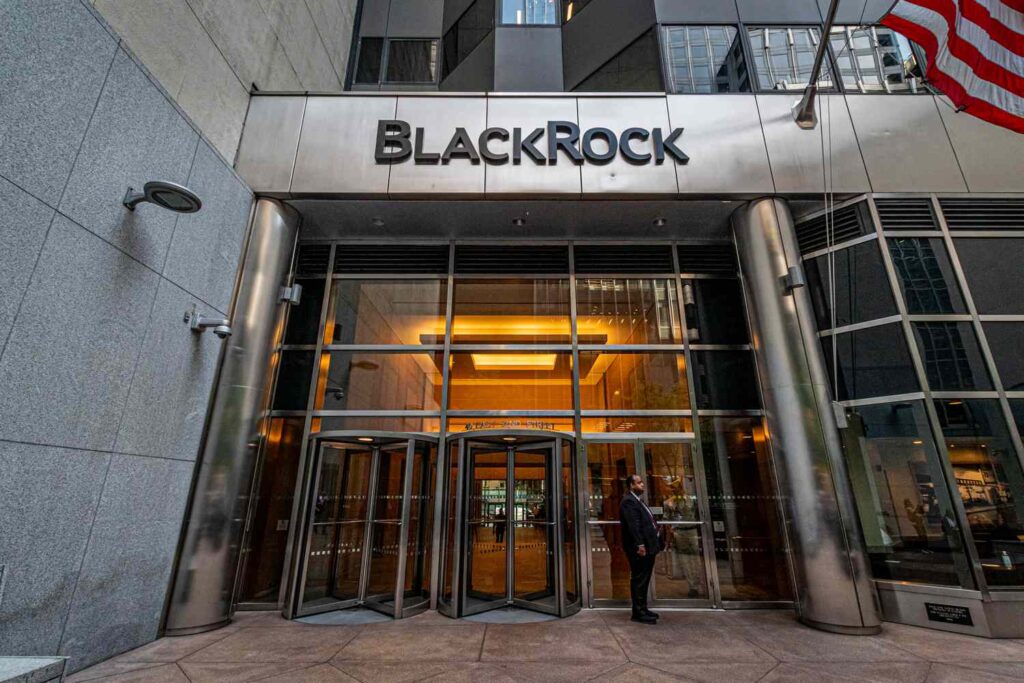The Securities and Exchange Commission (SEC) has been hesitant to approve a spot Bitcoin exchange-traded fund (ETF).
Dr. Zvi Gabbay, a partner and head of the Capital Markets Department at Barnea & Co. law firm, emphasizes the importance of “right advisors” for giants like BlackRock seeking approval for their spot Bitcoin ETF applications.
In the second part of Finance Magnate’s interview with Dr. Gabbay, an expert in financial regulation, we explore contrasting approaches to crypto in the EU and the US, the impact of regulatory uncertainty on crypto firms, the need for bridging the gap between crypto and traditional finance, and the role of political influence in the approval of spot Bitcoin ETFs.
Unlike the US, the EU has taken a more analytical approach by implementing the Market in Crypto Asset (MiCA) framework for crypto regulation.
Dr. Gabbay commends the EU for conducting thorough research and engaging with market participants in developing MiCA.
Meanwhile, crypto enterprises outside the US are increasingly avoiding the US market due to regulatory uncertainty.
Dr. Gabbay notes that the US cannot isolate itself from the global blockchain and cryptocurrency industry, which operates independently of geographical boundaries.
The growing interest in connecting the crypto and traditional finance worlds is evident through initiatives like Bitcoin ETFs and blockchain integration by corporations.
However, Dr. Gabbay emphasizes the need for proper regulation for these bridges to be constructed.
BlackRock’s application for spot Bitcoin ETFs has been a significant driver of Bitcoin price action.
Dr. Gabbay suggests that informal conversations with regulators may have indicated a willingness to consider such products.
However, he also points out that other entities like Coinbase and Telegram had productive discussions with the SEC, only to be met with complaints later.
As the crypto industry becomes more mainstream, political influence becomes relevant. Dr. Gabbay notes that party divisions on crypto are not clear-cut, with both Republican and Democratic perspectives on SEC regulations.
He emphasizes the need for politicians to offer solutions as the industry matures.
In a separate case involving My Forex Fund, Dr. Gabbay supports regulatory protections for clients in situations where trading is not conducted on real stock exchanges, highlighting the importance of proper disclosure and legal compliance.
While the SEC declined to comment on Dr. Gabbay’s remarks, it continues to assert its view that crypto markets should be subject to securities regulation, as reiterated by SEC Chairman Gary Gensler.
